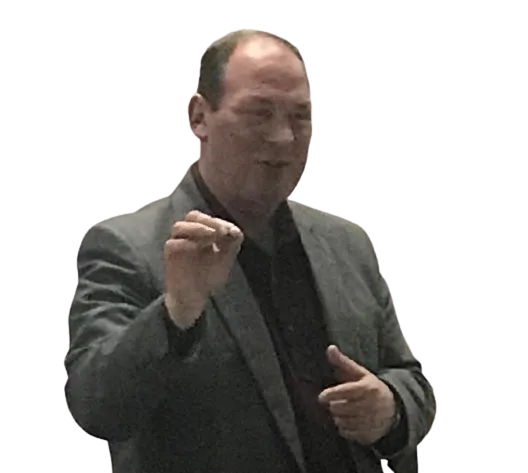
Special Guest Expert - Jim Magadanz

Jim Magadanz
Jim adds value and assists people when no one else could which was derived from over 42 years of experience, twenty-plus professional designations, and just under 20,000 sales appointments.
Connect with Jim:
Please Share This With Your Followers
